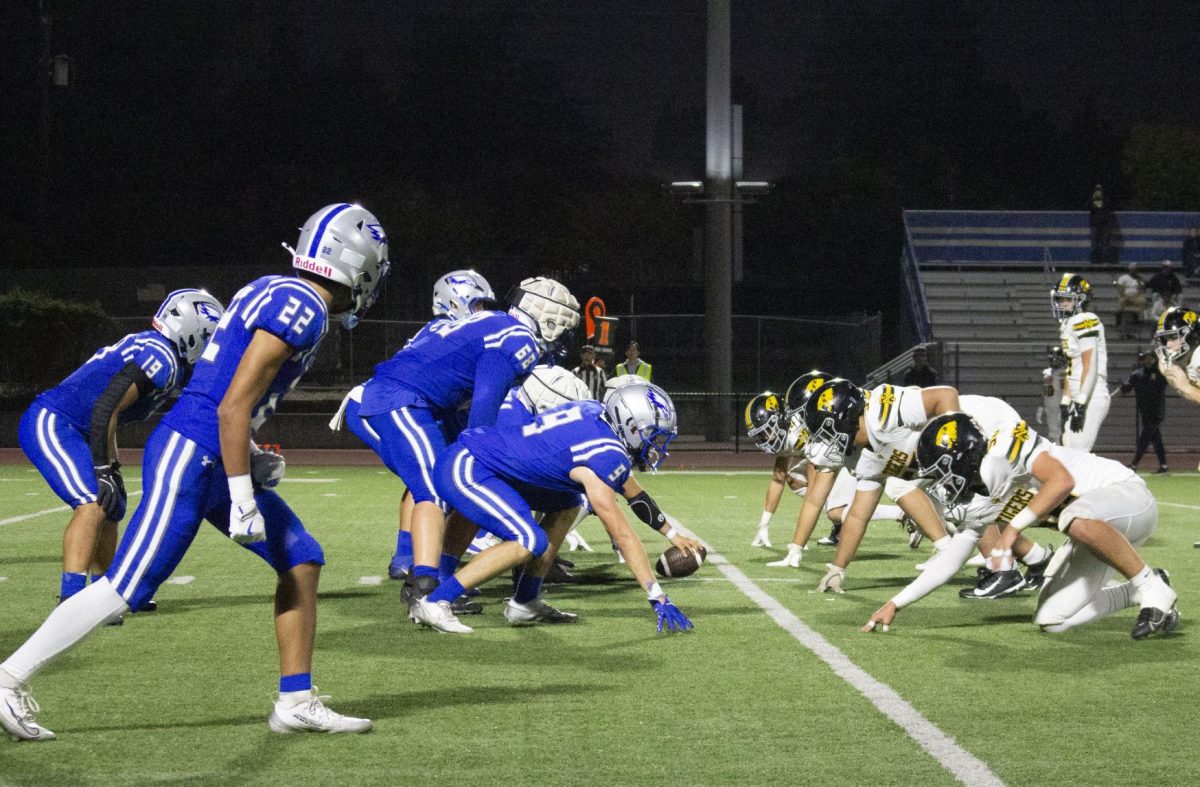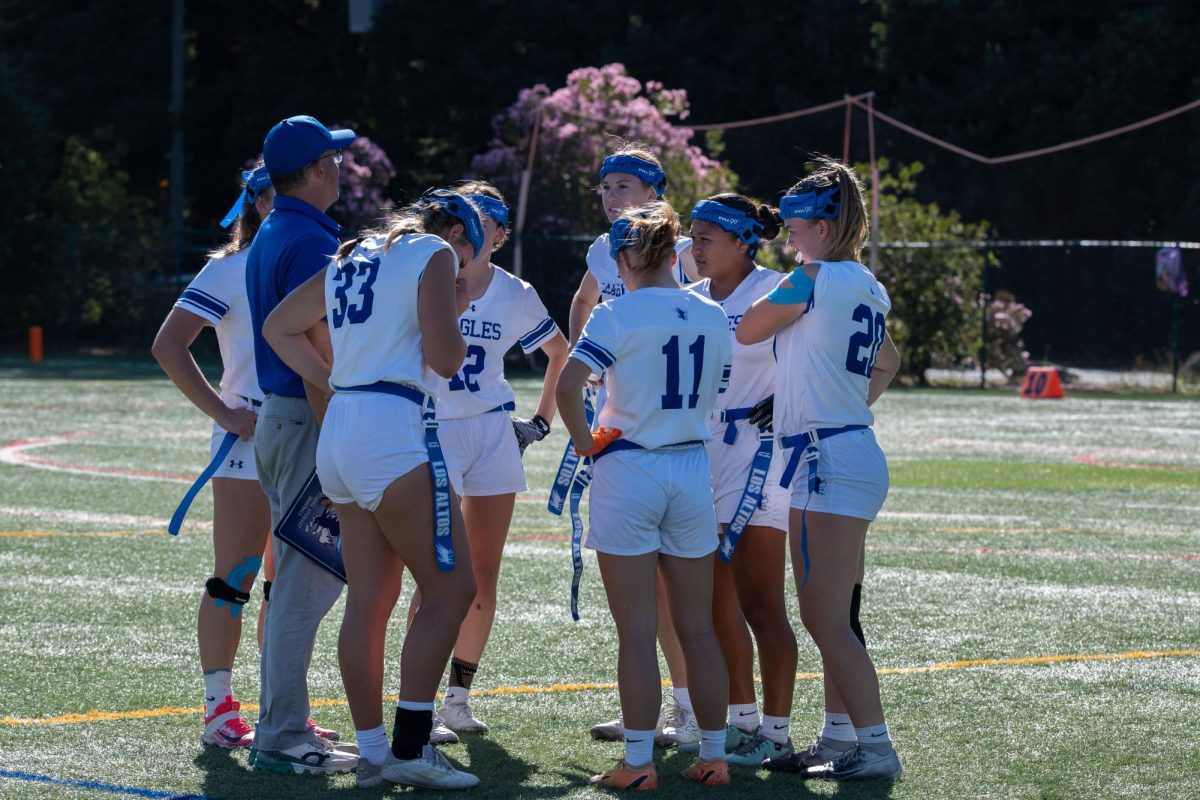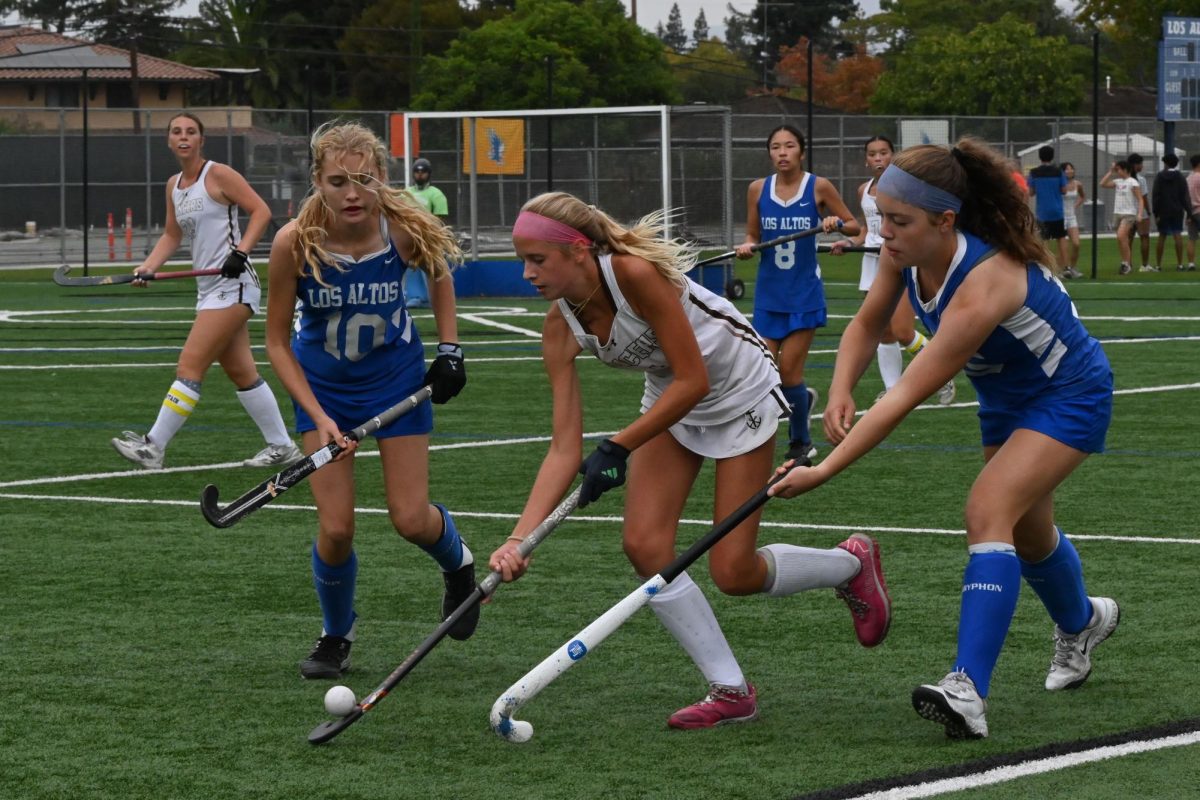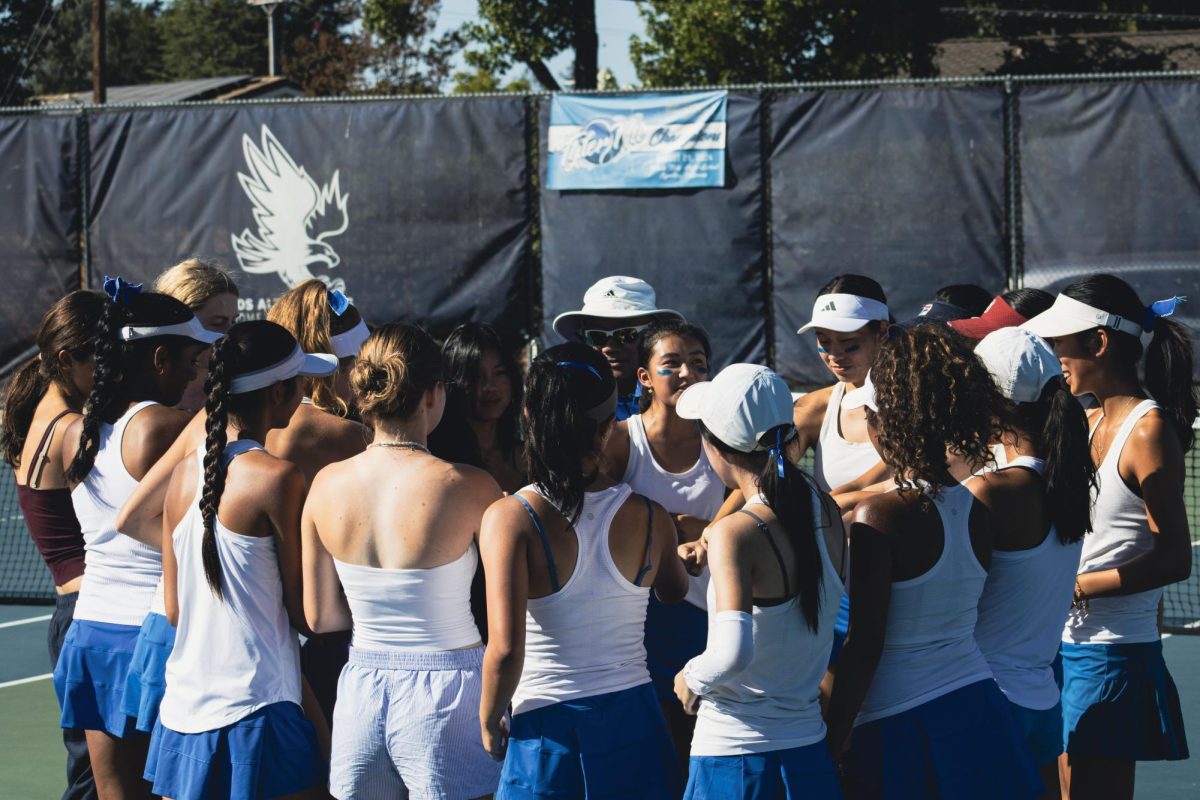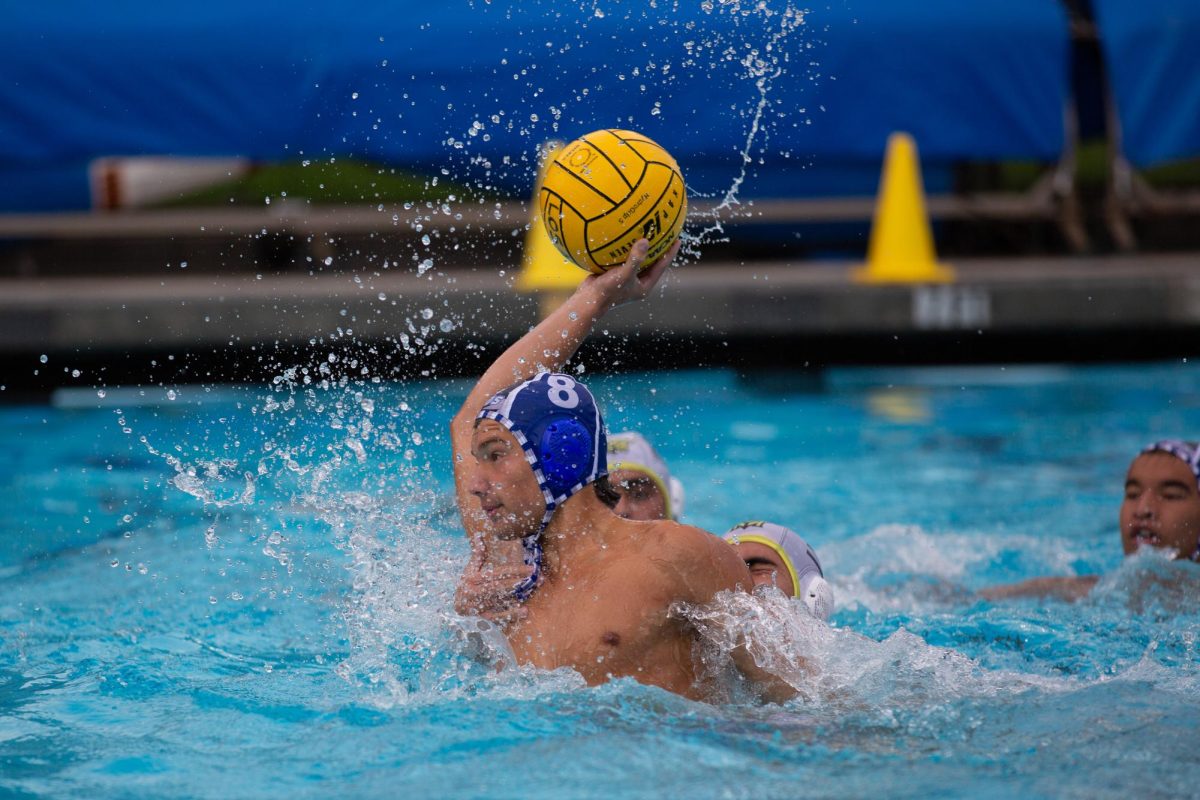Five weeks ago, millions worldwide tuned into the 2024 Paris Olympic Games to support the athletes representing their countries. This year, the International Olympic Committee (IOC) proudly announced they finally curated a 50-50 gender equal representation of male and female athletes, a historic change, forever changing the Olympic games. Despite this achievement, some female athletes have still received criticism online for possessing biological traits that seem “masculine.” Here’s the rub.
Battling backlash
Following Algerian boxer Imane Klehif’s gold medal win, gossip spread on social media about Klehif’s biological sex and her ability to compete, questioning whether she should be allowed to participate at all. And now, Khelif is calling for bullying to end.
“I send a message to all the people of the world to uphold the Olympic principles and the Olympic Charter to refrain from bullying all athletes because this has effects; massive effects,” Khelif wrote in Arabic in an AP News report. “It can destroy people. It can kill people’s thoughts, spirits, and minds. It can divide people. And because of that, I ask them to refrain from bullying.”
And Khelif isn’t alone. Lin Yu-ting, a gold-medalist Taiwanese boxer, has also been attacked online as misinformed claims about her gender broke out. Nearly a week before her fight with Poland’s Julia Szeremeta, speculations about whether Yu-ting should participate were already in the air.
Although they both medaled in Paris, both athletes were disqualified from last year’s World Championships due to reportedly not meeting unspecified gender eligibility tests. The tests, conducted by the International Boxing Association (IBA), argued that they were “impossibly flawed” and that Lin and Khelif were “born and raised as women,” BBC News reports.
The IOC initially revoked recognition from the IBA in June 2019 for several reasons, including concerns over their judging, financial transparency, and manipulation of bouts. Now, the IOC ignored the IBA’s tests, ensuring Klehif and Yu-ting could compete.
Ilona Maher: Winning medals and promoting body positivity
Beyond demonstrating their success and talent by medaling at the podium, many female athletes have used their recognition and popularity for the greater good. American rugby player Ilona Maher grew her TikTok platform to over two million followers, vlogging the behind-the-scenes at the Olympic Village. Now, Maher advocates for women’s empowerment and body positivity on social media.
“People were always calling me masculine,” Maher said in an interview with CBS News. “I didn’t understand that, but now, [I’ve realized] there’s a purpose here for it. I want other women to just get in the gym, lift weights, and see what their bodies can do. It gave me a whole new perspective.”
As Maher vlogged her daily life in the Olympic Village with other American athletes, she also tapped into her ‘feminine’ side, wearing bright and colorful clothing and responding to slanderous comments.
“I think there has always been a divide: people believing that if you’re an athlete, you can’t be feminine,” Maher said. “I feel that I can be a beast and can play this very physical, aggressive sport while also keeping my femininity while I do it.”
Maher helped Team USA’s women’s rugby team win a bronze medal in Paris. Since then, she has posed as a Sports Illustrated (SI) Swimsuit model.
“I love that [rugby] showed me what I can do,” Maher told SI. “It showed me how capable my body is and it’s not just like a tool to be looked at and objectified.”




